Kenneth W. Cummins, a stream and watershed ecologist formerly based at the W.K. Kellogg Biological Station, died Thursday, June 8, 2023, in San Francisco. He was 90 years old. Ken was born in Chicago, Illinois on March 28, 1933, to Mary ... Read More
Gilbert’s research recognized by the American Society of Plant Biologists’ early investigator award
Kadeem J. Gilbert, W.K. Kellogg Biological Station faculty member and assistant professor in the Michigan State University College of Natural Science’s Department of Plant Biology, has received a prestigious award that recognizes ... Read More
Expanding trait variation through artificial selection helps to better understand adaptation
A recently published article by members of the Conner Lab at the W.K. Kellogg Biological Station provides insight into how natural selection shapes flowers using a promising new approach to studying adaptation. The article, “Strong ... Read More
Canceled—Thursday, March 30 | Dessert with Discussion
Due to a family emergency, Dr. Jason Rowntree will be unable to present at the spring Dessert with Discussion talk on Thursday, March 30. This event has been canceled. We thank you for your interest in Dessert with Discussion. ... Read More
Conner begins term as president-elect of the American Society of Naturalists
Three new officers elected last year by the American Society of Naturalists—ASN—have begun their terms. Among them is Jeff Conner, professor in Michigan State University’s Department of Plant Biology and resident faculty at the W.K. ... Read More
Article featuring KBS research wins outstanding paper award
A paper that examines best practices for improving soil health over time has been recognized as outstanding by the American Society of Agronomy, or ASA. The paper, spearheaded by W.K. Kellogg Biological Station resident faculty and MSU ... Read More
Discovery of frogs ‘back from the dead’ welcome news amid amphibian declines
Findings from new research conducted by W.K. Kellogg Biological Station researchers in partnership with scientists and communities in Ecuador stand in contrast to the increasingly frequent news about species extinctions—showing that ... Read More
Robertson honored by LTAR Network for local, national contributions
Phil Robertson, Michigan State University Distinguished Professor of Plant, Soil and Microbial Sciences at the W.K. Kellogg Biological Station, is the recipient of two awards from the U.S. Long-term Agroecosystem Research Network, or ... Read More
Tuesday, Oct. 18 | Dessert with Discussion
Join the W.K. Kellogg Biological Station community at 6:30 p.m. Tuesday, Oct. 18, for a talk on how insects tolerate and react to warming temperatures. The presenter for the fall 2022 Dessert with Discussion is eco-physiologist Dr. ... Read More
KBS welcomes soil scientist as newest faculty member
Christine Sprunger’s new professional role also happens to be a homecoming of sorts. Michigan State University and the W.K. Kellogg Biological Station welcomed Dr. Sprunger in August as an assistant professor of soil health in the ... Read More
- « Previous Page
- 1
- 2
- 3
- 4
- 5
- 6
- …
- 8
- Next Page »

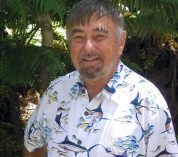

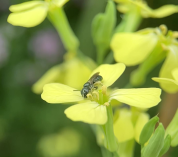
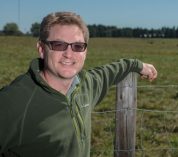
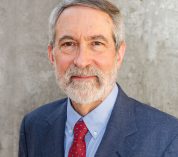
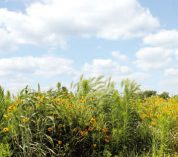
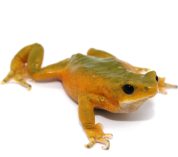
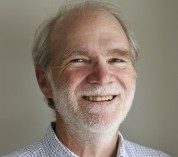

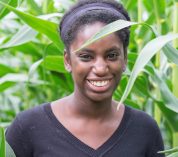
A legacy of conservation; a commitment to sustainability.
3700 E. Gull Lake Drive
Hickory Corners, MI 49060
(269) 671-5117
info@kbs.msu.edu